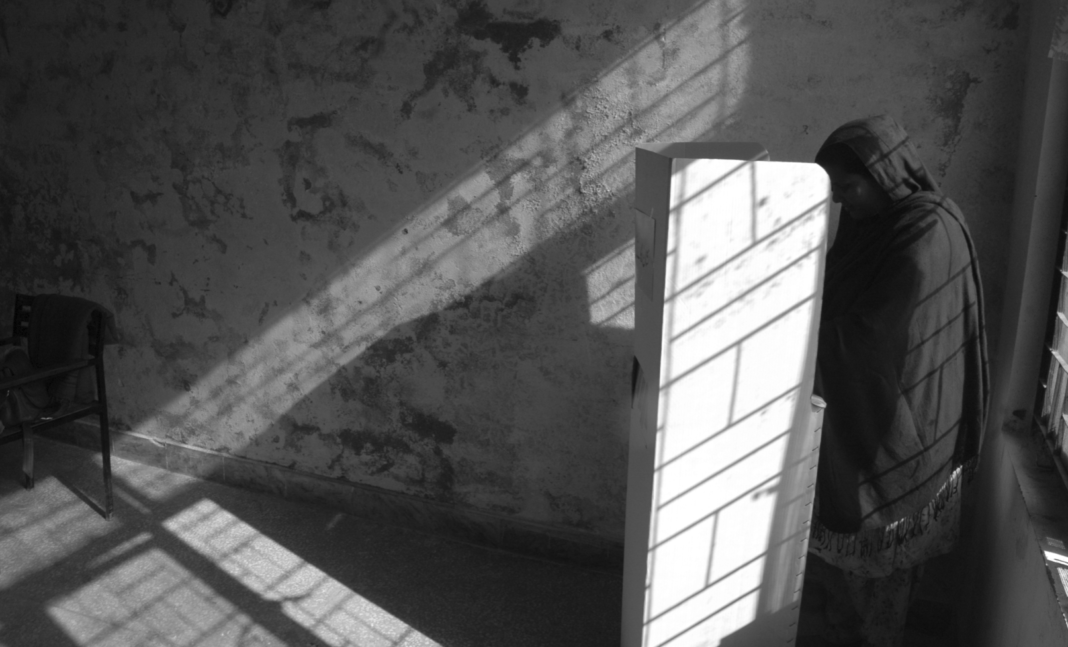
Women Voting in Swat records abysmal turnout. Multiple reasons, including patriarchal values constitute reasons for it. Find out more here.
Women voting in Swat in the 2018 General Elections, Khyber Pakhtunkhwa, experienced a lower turnout among women compared to other provinces, a phenomenon warranting closer examination. Among the 310 polling stations nationwide with less than a 10 percent turnout in female polling, a staggering 246 were identified in Khyber Pakhtunkhwa.
Women Voting in Swat in the 2018 General Elections
Delving into specific districts within Khyber Pakhtunkhwa, women voting in Swat recorded the lowest turnout, reporting 34 female polling stations with less than a 10 percent turnout. Following closely were Buner with 25 such stations and Batagram with 23. Remarkably, these districts also topped the list for zero percent turnout in female polling stations.
Within the context of Khyber Pakhtunkhwa, where tradition and patriarchal values often overshadow female representation and empowerment, decisions are predominantly made by men, and women have limited agency. Against this backdrop, the observed trends, marked by lower female voter turnout, align with the prevailing societal dynamics.
Analysis Of Women Voting In Swat
An analysis of three constituencies reveals a concerning scenario regarding women voting patterns. Despite 46,832 registered women in these 34 polling stations, only 1,713 women exercised their right to vote, leaving a substantial 45,119 women who did not participate. This abysmally low proportion of women voters calls for active measures aimed at redressal and course correction.
Women in the region continue to face barriers, with fewer registering as voters and an even smaller number turning out to vote. This trend is a ripple effect of societal restrictions that sidelined women, exacerbated by challenges such as lack of education, awareness, and transportation in remote areas. Timely scrutiny and intervention are imperative to prevent a recurrence of such events in the upcoming General Elections of 2023, ensuring women are accorded their legitimate right to vote.

